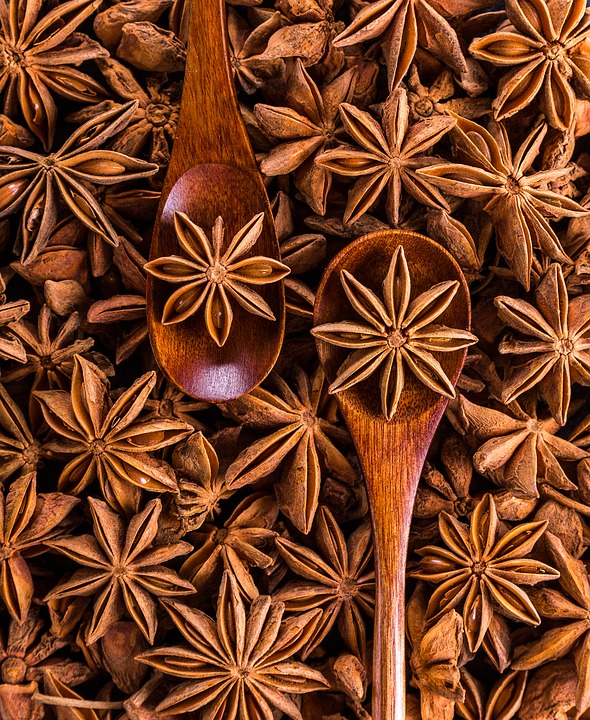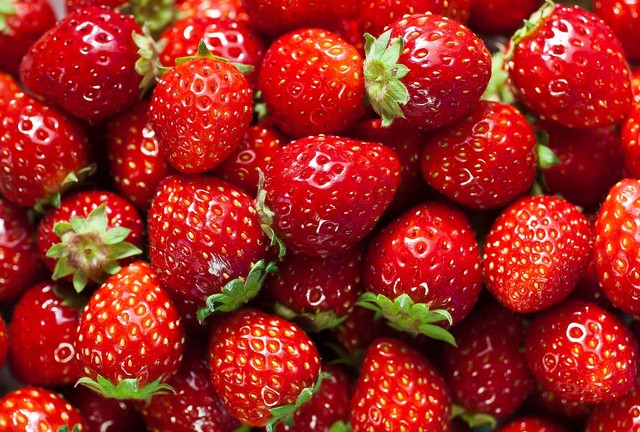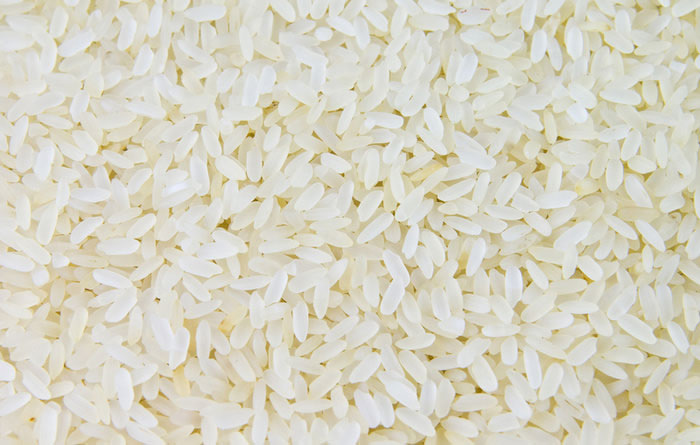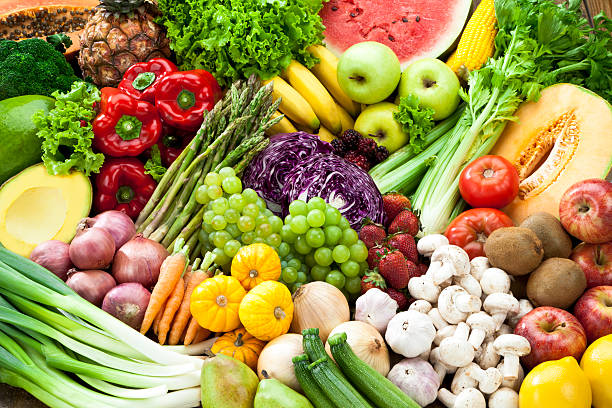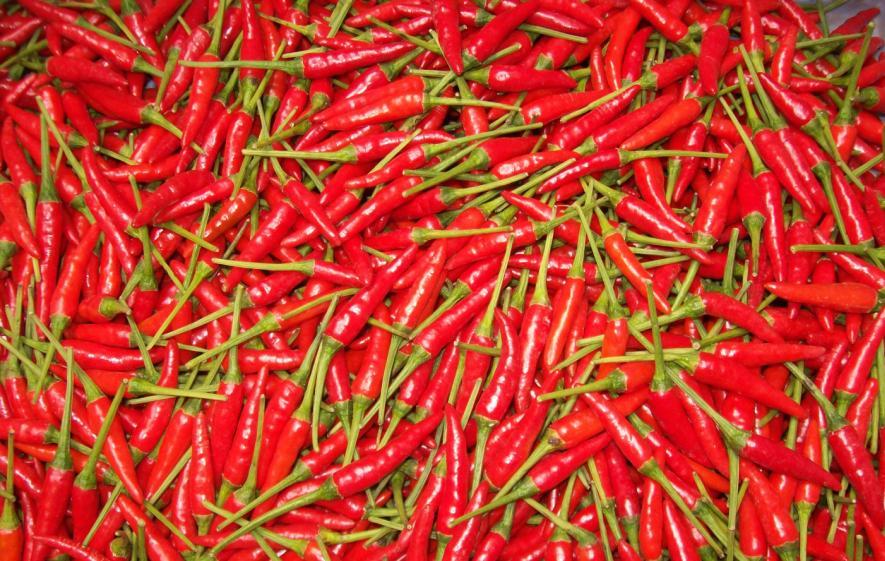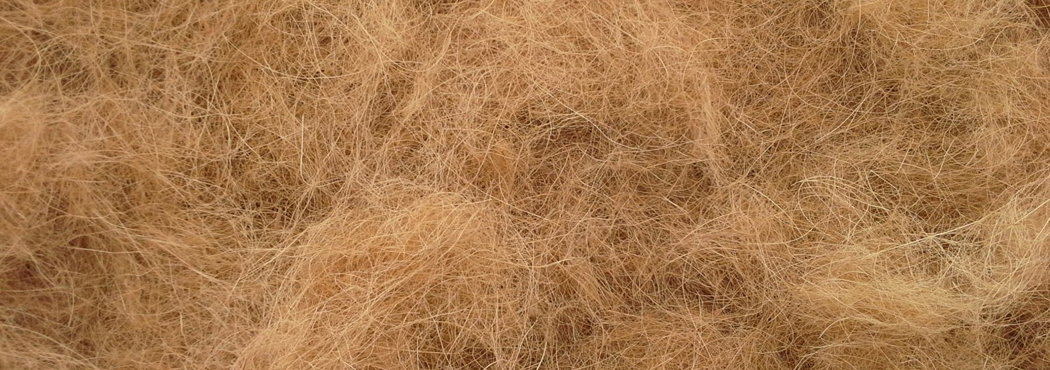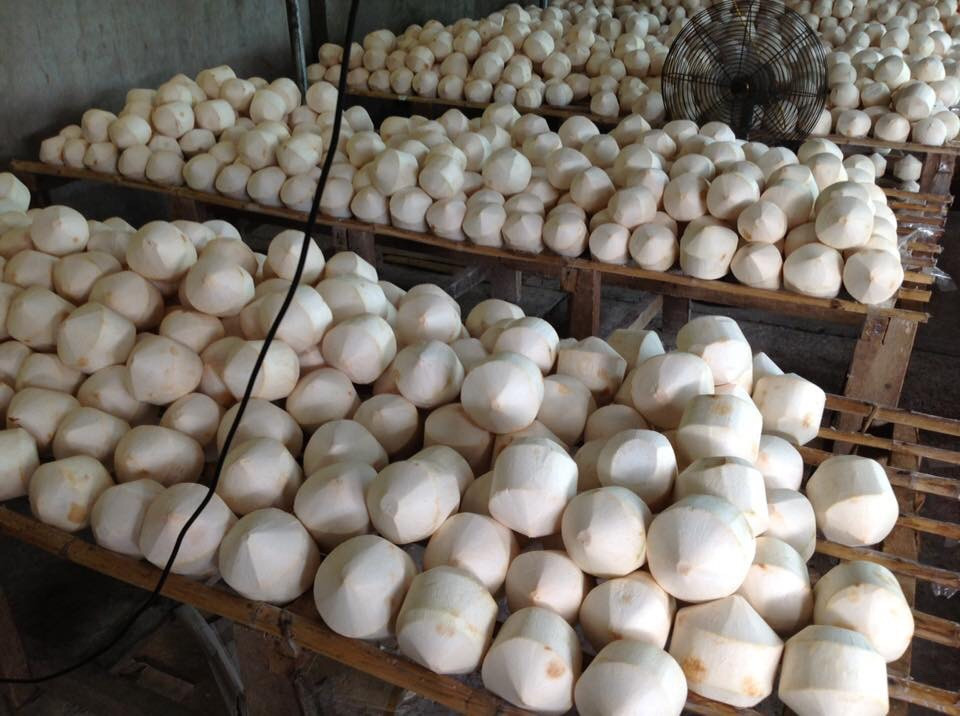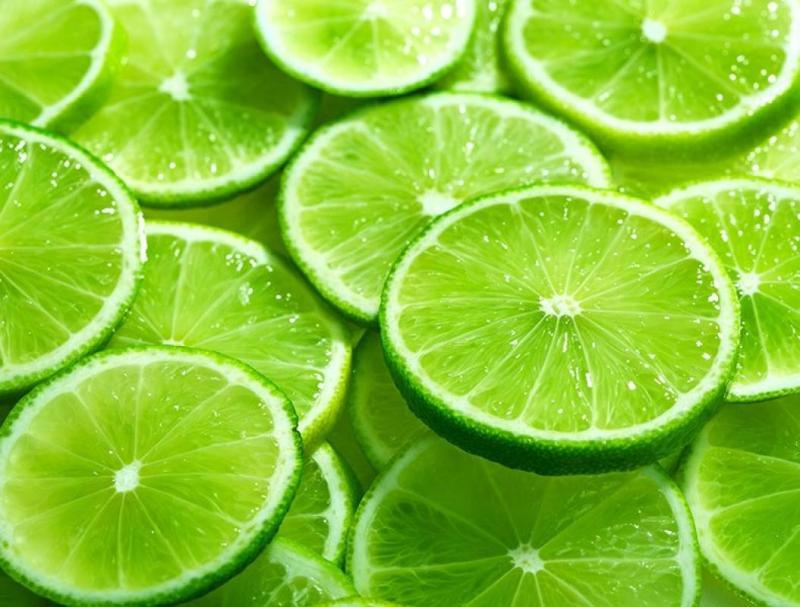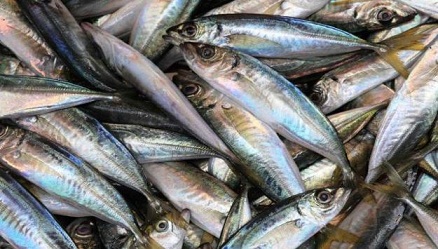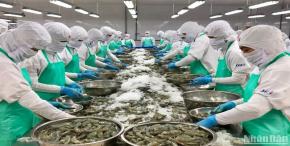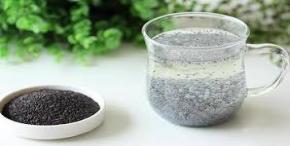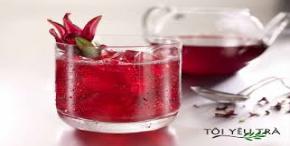News
Effect of pectinase enzyme treament to juice yield & fermentation conditions to the quality of mango wine
Update: 7/11/2014
Research was conducted by authors including Nguyen Nhat Minh Phuong, Manufacturing Van Hoang, Ly Nguyen Binh (College of Agriculture and Applied Biology, Can Tho University) and Ai Chau Tran Diem (Department of Food Technology, Faculty of Chemical Engineering, Ho Chi Minh City University of Technology).
Mango is a nutritious fruit and has high economic value. This kind of fruit is usually planted commonly in Mekong Delta. Beside being consumed in fresh, mangos also are processed into valuable products such as mango jam, mango juice, dried mango,...In addition to grape wine, apple wine, strawberry wine... the wine produced from mangos is much less popular in Vietnam. The study aimed to recover mango juice to increase the efficiency of fermentation in wine production from mangos (Mangifera indica).
Materials used in this research were ripe mangos (Mangifera indica) harvested in Cao Lanh district - Dong Thap province. The materials were transported to the laboratory of Food Technology Department, Can Tho University, and then were extracted to get Pure, followed by a frozen storeage at -80oC for further experiments.
Results of the study showed that the optimual temperature for the hydrolytic activity of enzyme pectinase on Pure content in mangos is 40°C at pH 4.5. The optimal enzyme concentration for the hydrolysis is 0.2% for 20 minutes. The appropriate concentration of yeast was 0.3 g/l and the dilution of juice should follow the ratio of 1 to 1, with the fermentation occurred in cool temperature (around 20oC) at pH 4.5 to obtain high yield.
Source: Can Tho University Journal of Science 2012
